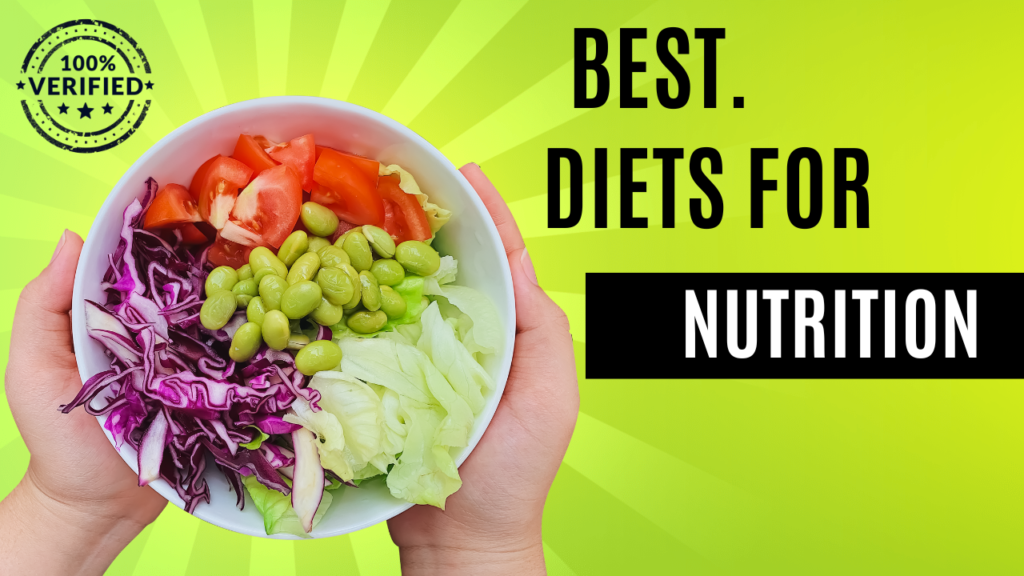Introduction
A healthy immune system plays a crucial role in defending your body from infections and diseases. While medical treatments are essential, adopting natural methods to boost your immunity can significantly improve your overall health. From a balanced diet to stress management, this article provides 10 effective ways to strengthen your immune system and support overall wellness.
1. Eat a Balanced and Nutrient-Rich Die
A nutritious diet is essential for maintaining immune health. By eating a wide variety of immune-boosting foods, you supply your body with the vitamins, minerals, and antioxidants it needs to fight off infections.
- Vitamin C-rich foods, such as citrus fruits, strawberries, and bell peppers, support immune function.
- Foods high in Zinc, such as nuts, seeds, and legumes, enhance your body’s ability to fight infections.
- Probiotics, found in yogurt, kefir, and other fermented foods, help improve gut health, which is linked to immunity.

2. Stay Hydrated
Keeping your body hydrated is vital for maintaining the function of immune cells. Proper hydration ensures that your body can perform detoxification and absorb nutrients effectively.
- Aim to drink 8-10 glasses of water daily to stay hydrated.
- Include herbal teas, such as green tea, which are rich in antioxidants that support immune health.
3. Get Quality Sleep
Sleep plays a vital role in supporting your body’s defense system. Poor sleep can weaken the immune system, while sufficient rest helps improve immune response.
- Aim for 7-8 hours of sleep each night to allow your body to regenerate and strengthen its defense system.
- Follow good sleep hygiene practices to enhance the quality of your rest, such as avoiding screen time before bed.
4. Manage Stress Effectively
Chronic stress can negatively affect immune health by increasing the level of stress hormones, like cortisol, which suppress immune function. It is essential to manage stress levels for better immunity.
- Practice mindfulness techniques or meditation to reduce stress and calm the mind.
- Incorporate regular relaxation activities such as reading, hobbies, or spending time outdoors to manage stress.
5. Exercise Regularly
Physical activity is essential for good immune health. Moderate exercise helps improve circulation, reducing inflammation and enabling immune cells to travel throughout the body more efficiently.
- Aim for at least 30 minutes of exercise most days, including activities like walking, yoga, or cycling.
- Avoid over-exercising, as it can temporarily reduce immune strength.
6. Incorporate Immune-Boosting Herbs and Spices
Many herbs and spices offer powerful benefits for the immune system. They contain anti-inflammatory properties and antioxidants that enhance immunity.
- Turmeric, with curcumin, reduces inflammation and supports the immune system.
- Ginger helps alleviate sore throats and enhances the body’s ability to fight off infections.
- Garlic contains compounds that boost the immune response and fight bacteria and viruses.
7. Maintain a Healthy Weight
Excess weight can lead to inflammation and hinder the immune system’s ability to function properly. By maintaining a healthy weight, you reduce the risk of infections and chronic diseases.
- Stay active and eat a nutritious, well-balanced diet to maintain a healthy body weight.
- Limit processed sugars, which can contribute to inflammation and weaken immunity.
8. Limit Alcohol and Avoid Smoking
Excessive alcohol consumption and smoking both weaken the immune system. Reducing or eliminating these habits can greatly improve your body’s defense mechanisms.
- Limit alcohol intake to 1-2 drinks per week to prevent it from affecting your immune health.
- Quit smoking to allow your immune system to function more efficiently and reduce inflammation.
9. Get Adequate Sunlight or Take Vitamin D
Exposure to sunlight is one of the best natural ways to boost Vitamin D levels, which plays a vital role in regulating immune function. If sunlight exposure is limited, consider adding Vitamin D-rich foods or supplements to your diet.
- Spend about 10-15 minutes in the sun each day to increase Vitamin D production.
- Include foods like salmon, eggs, and fortified dairy to boost your Vitamin D intake.
10. Wash Your Hands and Maintain Hygiene
Regular hygiene practices help prevent the spread of infections and support the immune system. Keeping your body and environment clean can significantly reduce the risk of illness.
- Wash your hands thoroughly with soap for at least 20 seconds to remove harmful germs.
- Clean commonly touched surfaces like doorknobs and mobile phones to reduce infection risks.
Conclusion
By adopting these natural ways to boost immunity, you can enhance your body’s ability to fight off infections and improve overall health. Through diet, exercise, stress management, and good hygiene, you can support your immune system and maintain a healthier lifestyle.
Internal Links
Outbound Links
FAQs
- What are the best foods to boost immunity naturally?
Eating foods rich in Vitamin C, Zinc, and probiotics helps strengthen your immune system. - Can regular exercise improve immune health?
Yes, moderate exercise promotes healthy circulation and supports immune function. - How does sleep affect immune health?
Adequate sleep supports the production of immune cells and helps reduce inflammation. - Is stress harmful to the immune system?
Chronic stress can increase cortisol levels, suppressing immune function and making the body more susceptible to illness. - Can I take supplements for immunity?
While supplements like Vitamin D and elderberry can help, focusing on a balanced diet is most beneficial for long-term immune health.
